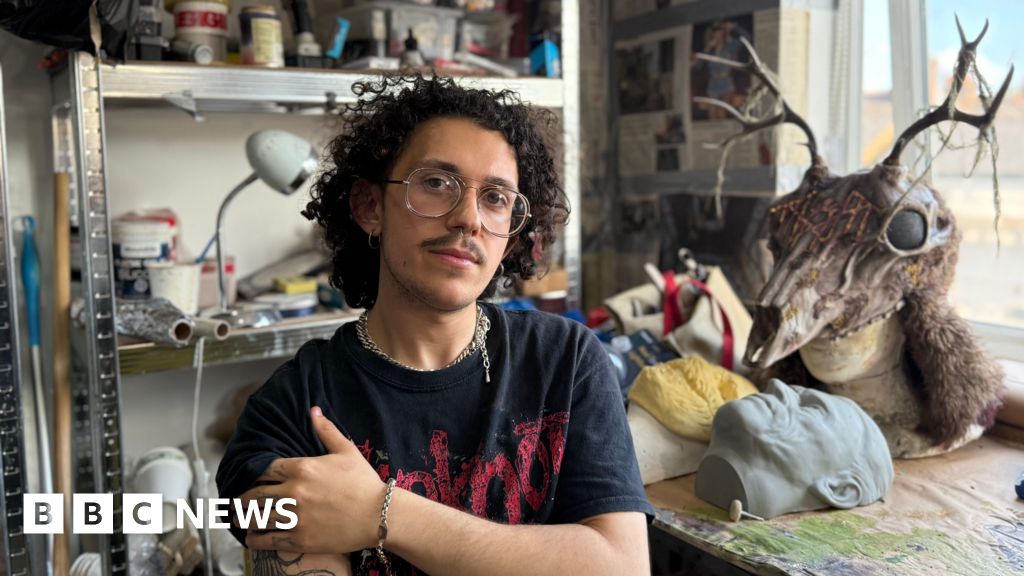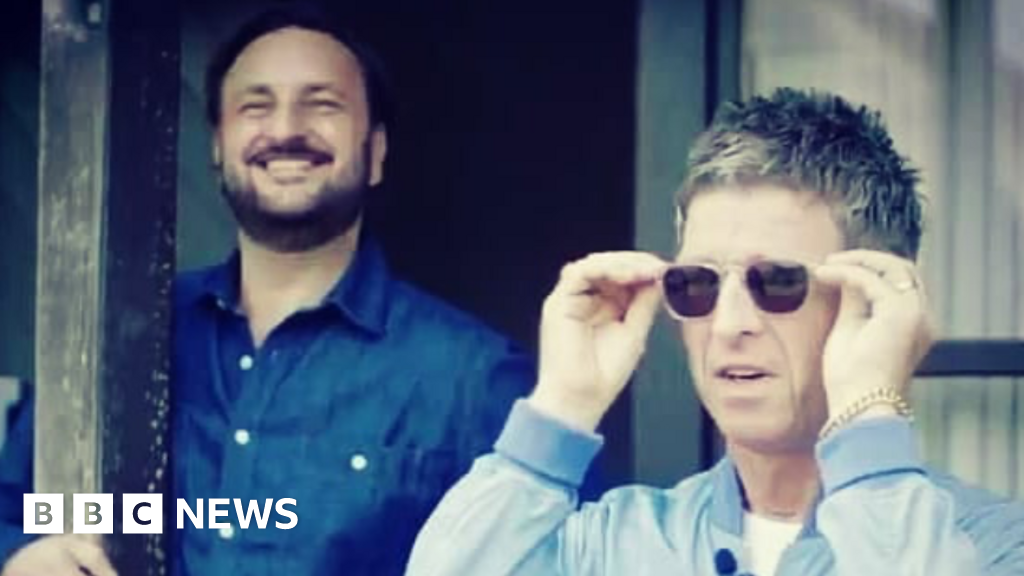ARTICLE AD BOX
 Image source, Getty Images
Image source, Getty Images
Hanks said: "I could be hit by a bus tomorrow and that's it, but performances can go on and on"
By Nichola Rutherford
BBC News
Tom Hanks has raised the prospect of his career continuing after his death using artificial intelligence.
The Forrest Gump and Cast Away actor said the technology could be used to recreate his image, ensuring he continued to appear in movies "from now until kingdom come".
But he admitted the developments posed artistic and legal challenges.
His remarks came as the Pet Shop Boys' Neil Tennant said AI could be used by musicians to complete songs.
Hanks, 66, was asked about the legal ramifications of the new technology in the latest episode of The Adam Buxton podcast.
"This has always been lingering," he said. "The first time we did a movie that had a huge amount of our own data locked in a computer - literally what we looked like - was a movie called The Polar Express.
"We saw this coming, we saw that there was going to be this ability to take zeros and ones from inside a computer and turn it into a face and a character. That has only grown a billion-fold since then and we see it everywhere."
The Polar Express, released in 2004, was the first film entirely animated using digital motion-capture technology.
Image source, Getty Images
Image caption,Tom Hanks played several animated characters in The Polar Express
Hanks said talks are being held in the film industry about how to protect actors from the effects of the technology.
"I can tell you that there is discussions going on in all of the guilds, all of the agencies, and all of the legal firms in order to come up with the legal ramifications of my face and my voice and everybody else's being our intellectual property," Hanks added.
"What is a bona fide possibility right now is, if I wanted to, I could get together and pitch a series of seven movies that would star me in them in which I would be 32 years old from now until kingdom come.
"Anybody can now recreate themselves at any age they are by way of AI or deep fake technology. I could be hit by a bus tomorrow and that's it, but performances can go on and on and on and on.
"Outside the understanding of AI and deep fake, there'll be nothing to tell you that it's not me and me alone.
"And it's going to have some degree of lifelike quality. That's certainly an artistic challenge but it's also a legal one."
Image source, Lucasfilm Ltd.
Image caption,Harrison Ford was "de-aged" for Indiana Jones: The Dial of Destiny
Similar technology has already been used in the latest Indiana Jones film, for which Harrison Ford, 80, was "de-aged" for the opening sequence.
Filmmakers trawled archived material of the younger Ford before matching it to new footage, creating the illusion of Indiana Jones in 1944.
Hanks acknowledged that the technological developments could lead to an AI-generated version of himself appearing in films he may not not normally choose.
He said: "Without a doubt people will be able to tell [that it's AI], but the question is will they care? There are some people that won't care, that won't make that delineation."
AI is also posing dilemmas for the music industry, with conflicting reactions to its use to make music by artists.
A song created using the cloned voices of Drake and The Weeknd was pulled from streaming services last month, but Grimes has encouraged musicians to use her voice to make music.
Pet Shop Boys' singer Neil Tennant told the Radio Times he was excited about the potential of the technology.
"There's a song that we wrote a chorus for in 2003 and we never finished because I couldn't think of the verses, " he said.
"But now with AI you could give it the bits you've written, press the button and have it fill in the blanks. You might then rewrite it but it would be a tool."

 2 years ago
903
2 years ago
903








 English (US) ·
English (US) ·